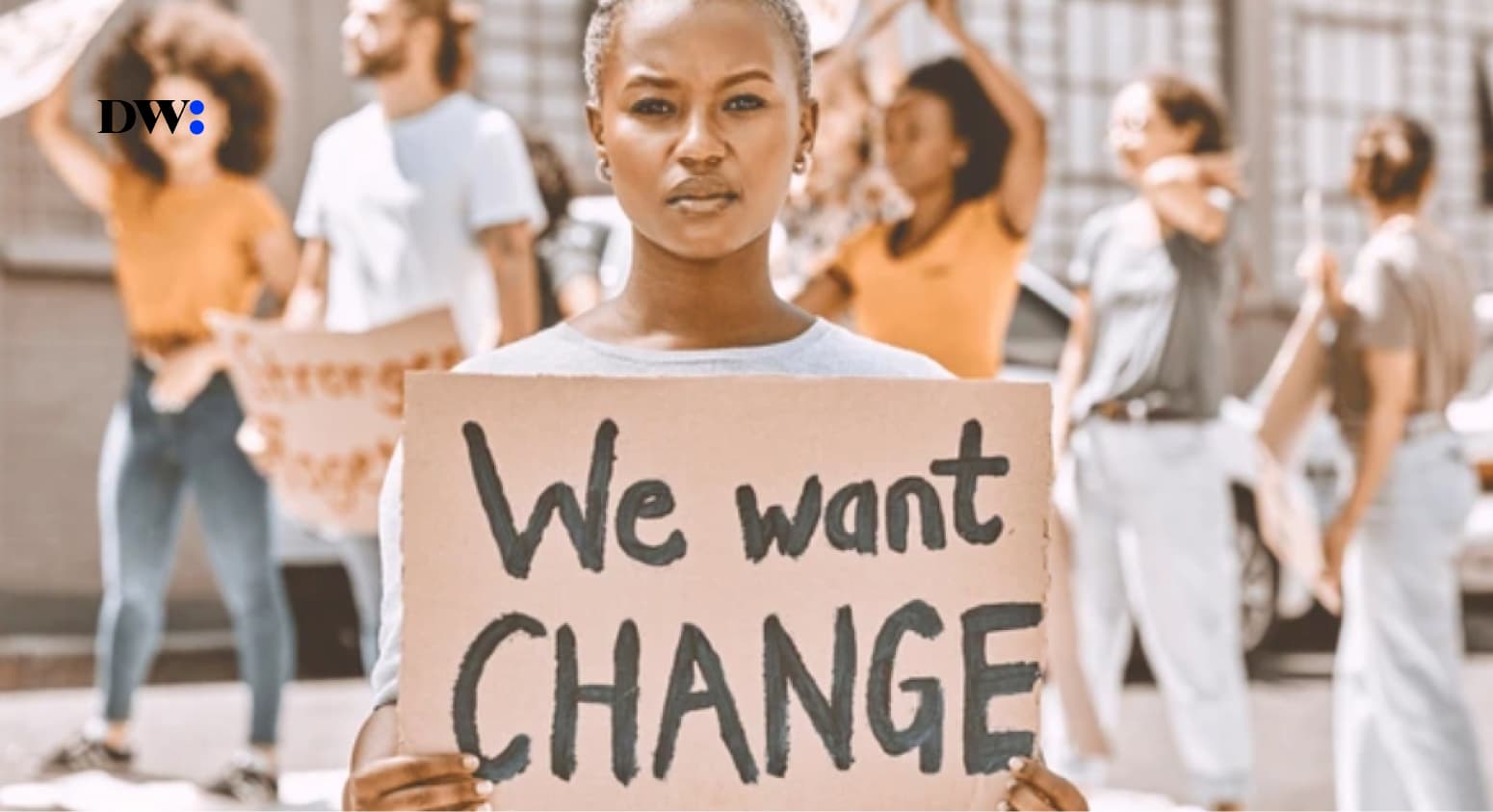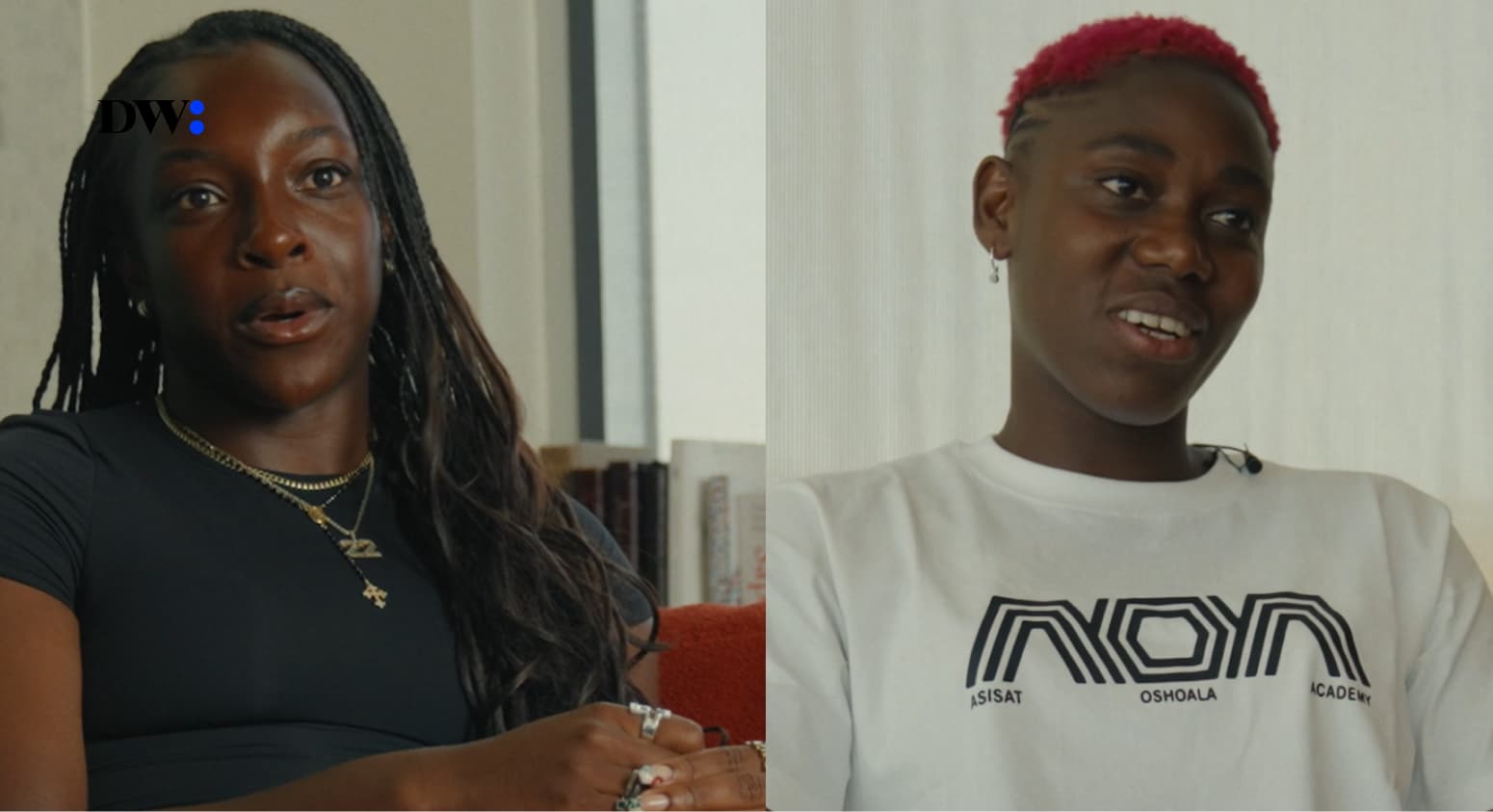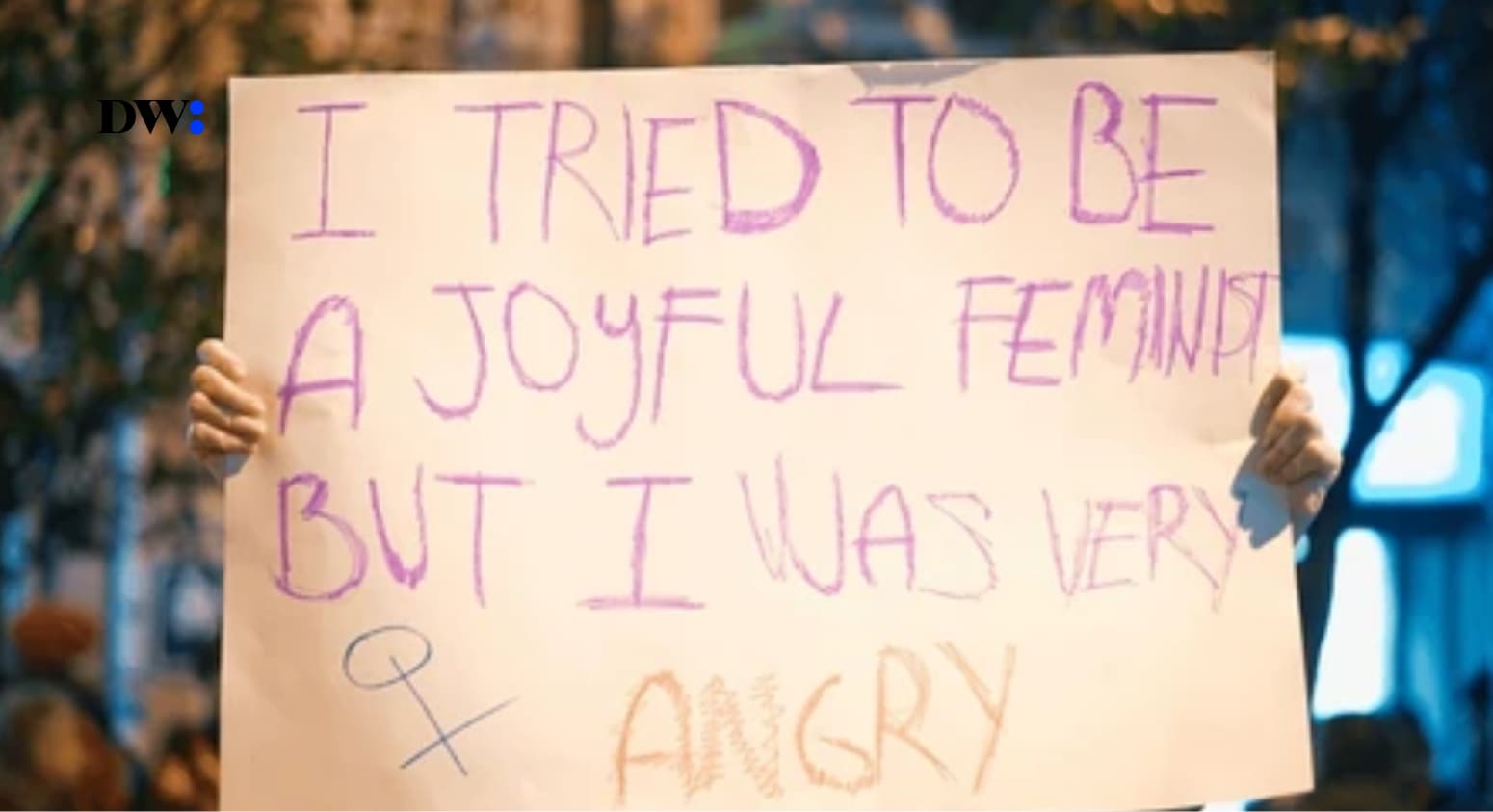The Me Too (or #MeToo) movement, with variations of related local or international names, is a movement against sexual abuse and sexual harassment where people speak out and publicize sex crimes. The phrase “Me Too” was initially used in this context on social media in 2006, on Myspace, by sexual assault survivor and activist Tarana Burke.
Harvard University published a case study on Burke, called “Leading with Empathy: Tarana Burke and the Making of the Me Too Movement”. Similar to other social justice and empowerment movements based upon breaking silence, the purpose of “Me Too”, according to Burke as well as those who later adopted the tactic, is to empower sexually assaulted individuals through empathy and solidarity through strength in numbers, especially young and vulnerable women, by visibly demonstrating how many have survived sexual assault and harassment, especially in the workplace. Sokoto, Katsina, Jigawa, Yobe, Borno, Zamfara, Kano, Bauchi, Gombe, Adamawa, Kebbi, Niger, Nassarawa and Taraba. Are States in Northern Nigeria that have still not Domesticated the Violence against person’s prohibitions act VAPP a act as of now. In a country where every 1 in 4 women havecoecorienced some form of sexual abuse.
The Northern Nigerian version of the movement named #Arewametoo came to Nigeria in 2019.
The hashtag became popular after Its first usage in early February 2019 by Fakhriyyah Hashim, who has emerged as one of the women at the forefront of the movement.
She retweeted another woman’s story of domestic violence and abuse and added #ArewaMeToo “Time’s up, it’s over,” tweeted Fakhriyyah Hashim around the same time. “You are done getting away with monstrosities against women.”
Her tweet kicked off northern Nigeria’s #MeToo movement. In it, Ms Hashim coined the hashtag #ArewaMeToo — Arewa means “north” in Hausa.
The hashtag helped to break the culture of silence common in the north. In the highly conservative region with what Fakhriyyah Hashim told the New York times was a “culture of silence,” #ArewaMeToo unleashed an ocean of testimonies about sexual violence.
When it spilt off social media and into a March which took place within the 16 days of activism in December 2019, the Sultan of Sokoto, the highest Islamic authority in Nigeria, banned it. Another one of the creators of #ArewaMeToo, Maryam Awaisu, was briefly arrested by police in connection to her campaign. Human rights organization Amnesty International immediately called for her release. People outside of Nigeria have also been claiming the hashtag for themselves.
Social media users in Niger also used #ArewaMeTooMinna to specifically call attention to sexual abuse cases in their region. By the end of 2019, the #Arewametoo morphed into a pressure group known as #NorthNormal and the group moved to campaign for the implementation of the Violence against person’s prohibitions act (VAPP) kick-starting with a rally across the Majority of Northern states including Niger, Maiduguri, Kaduna, Bauchi and others.
A few weeks later the Sultan of Sokoto banned the movement’s activities in Sokoto. The movement succeeded in educating school children in Maiduguri, carrying out awareness programs in Niger and pushing the Legislature in Bauchi to domesticate the act in Bauchi.





